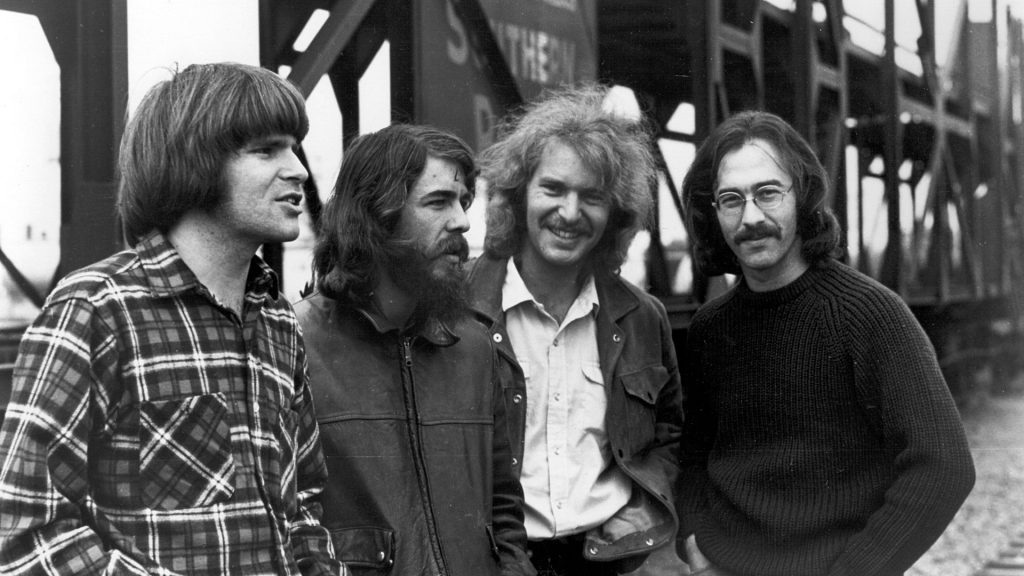
Fortunate Son: An Anti-War Anthem by Creedence Clearwater Revival
In the tumultuous landscape of the late 1960s, amidst the burgeoning counterculture movement and the escalating Vietnam War, Creedence Clearwater Revival emerged as a beacon of musical rebellion. Their music, infused with a potent blend of rock, blues, and swamp pop, captured the angst, frustration, and disillusionment of a generation grappling with societal upheaval and the horrors of war. Fortunate Son, released in 1969 as part of their album Willy and the Poor Boys, stands as one of their most iconic and enduring anthems, a scathing indictment of privilege and the hypocrisy of those shielded from the realities of war.
Fortunate Son opens with a defiant guitar riff, immediately setting the tone for the song’s rebellious spirit. John Fogerty’s distinctive vocals, laced with both grit and vulnerability, weave a tale of a young man, born into a life of privilege, who finds himself exempt from the draft due to his family’s wealth and status. As the song progresses, the lyrics paint a vivid picture of the stark contrast between those who bear the brunt of war and those who profit from it, highlighting the deep-seated social and economic inequalities that fueled the anti-war movement.
“Some folks are born made to wave the flag,” Fogerty sings, his voice dripping with irony, “Ooh, they’re red, white and blue.” The imagery of the flag, a symbol of national pride and unity, is here twisted into a representation of blind patriotism and the exploitation of the working class. The song’s protagonist, the “fortunate son,” is not one of these flag-waving patriots; he is instead a product of a system that perpetuates inequality and protects those in power.
The chorus of Fortunate Son is a powerful declaration of defiance, a rejection of the notion that one’s wealth or status should exempt them from the sacrifices of war. “It ain’t me, it ain’t me, I ain’t no senator’s son, son,” Fogerty sings with unwavering conviction. The repetition of the phrase “it ain’t me” emphasizes the protagonist’s refusal to be complicit in a system that sends others to fight and die while he remains safe at home.
Fortunate Son‘s impact extends far beyond its catchy melody and poignant lyrics. The song became an anthem for the anti-war movement, a rallying cry for those who opposed the Vietnam War and the injustices it represented. Its message of social and economic inequality resonates as strongly today as it did in 1969, serving as a reminder of the ongoing struggle for a more just and equitable world.
Creedence Clearwater Revival’s Fortunate Son is more than just a song; it is a cultural touchstone, a timeless protest anthem that continues to challenge authority and inspire generations of listeners. Its powerful lyrics and defiant spirit capture the essence of the anti-war movement and serve as a stark reminder of the human cost of war. As long as there are those who profit from conflict while others bear its burdens, Fortunate Son will remain a relevant and powerful anthem.